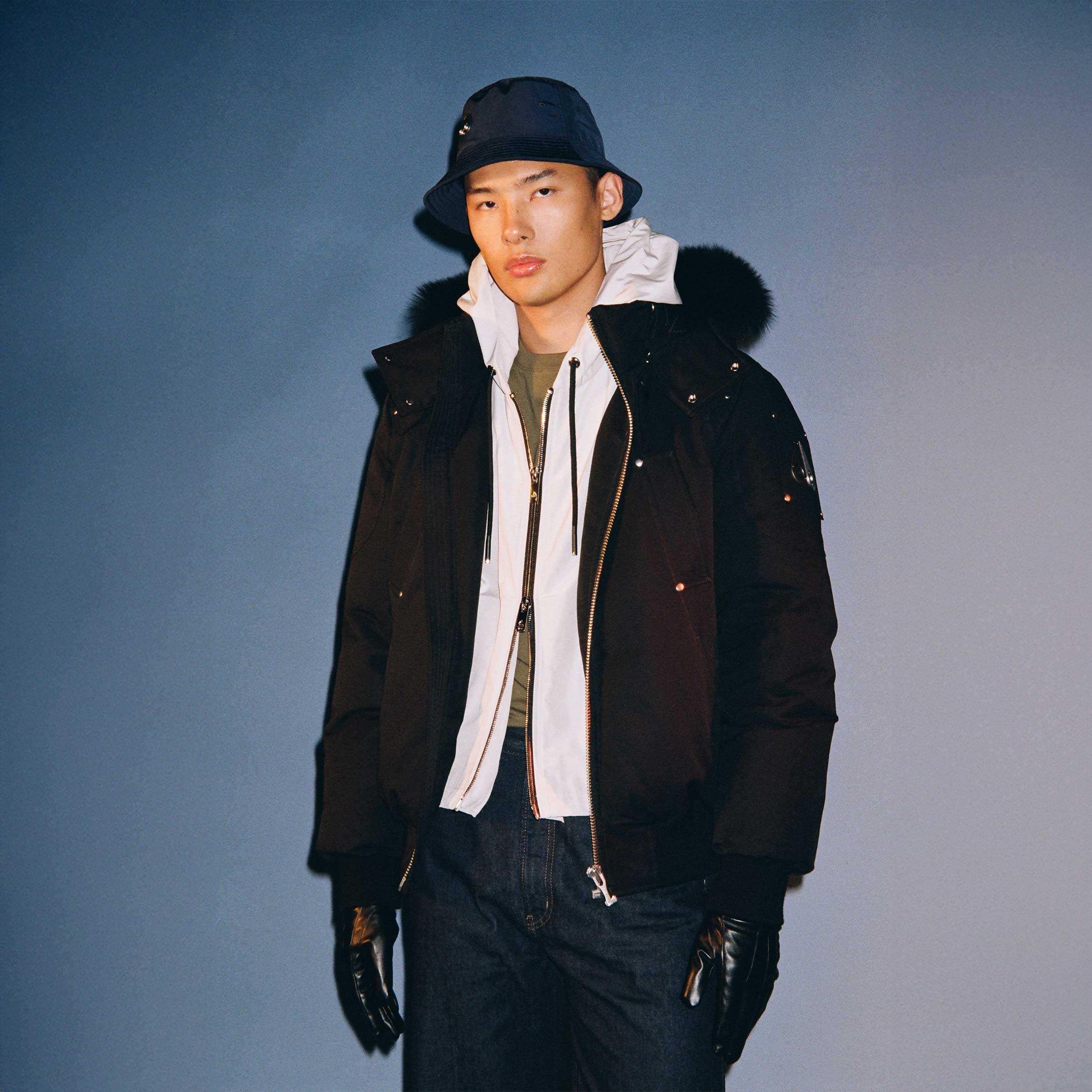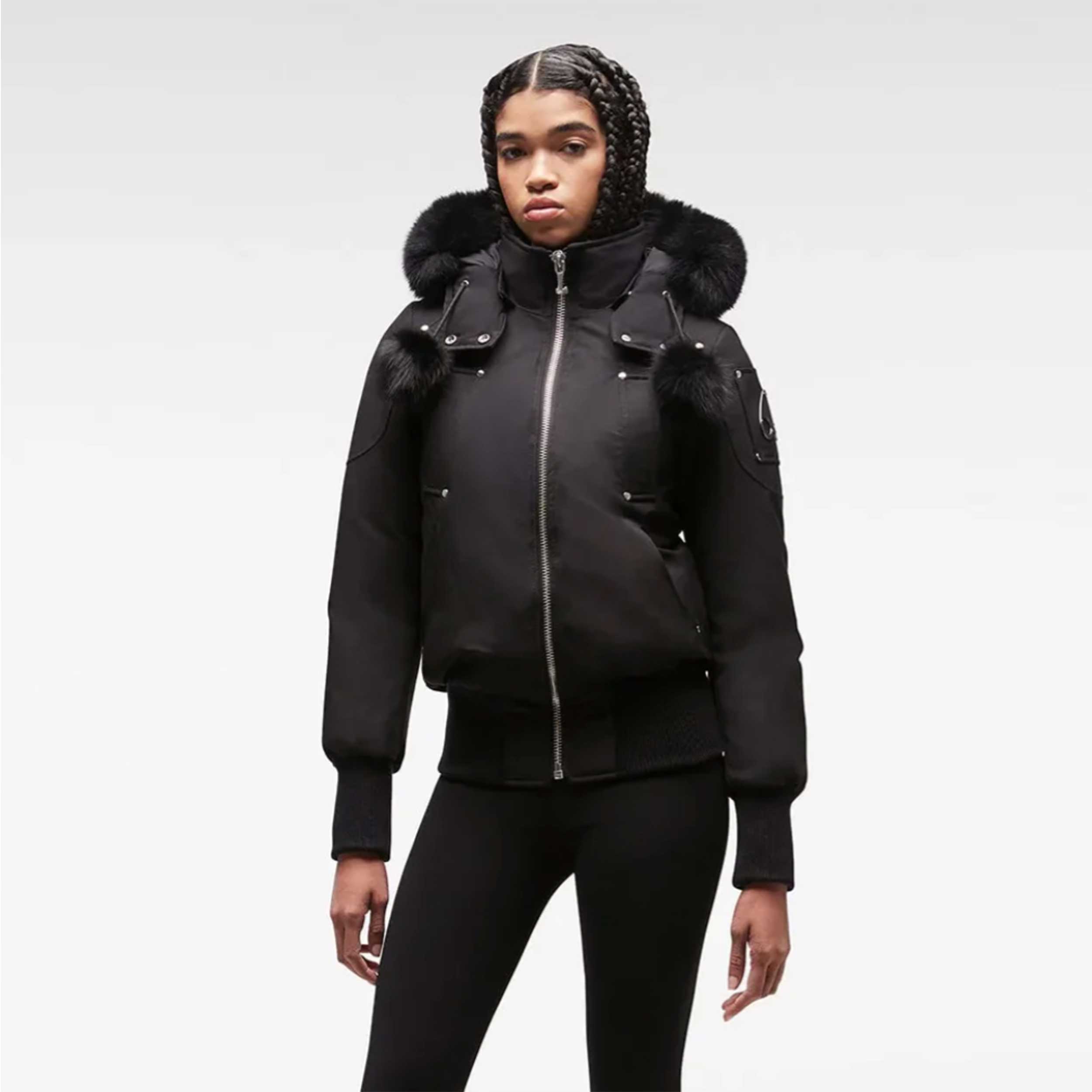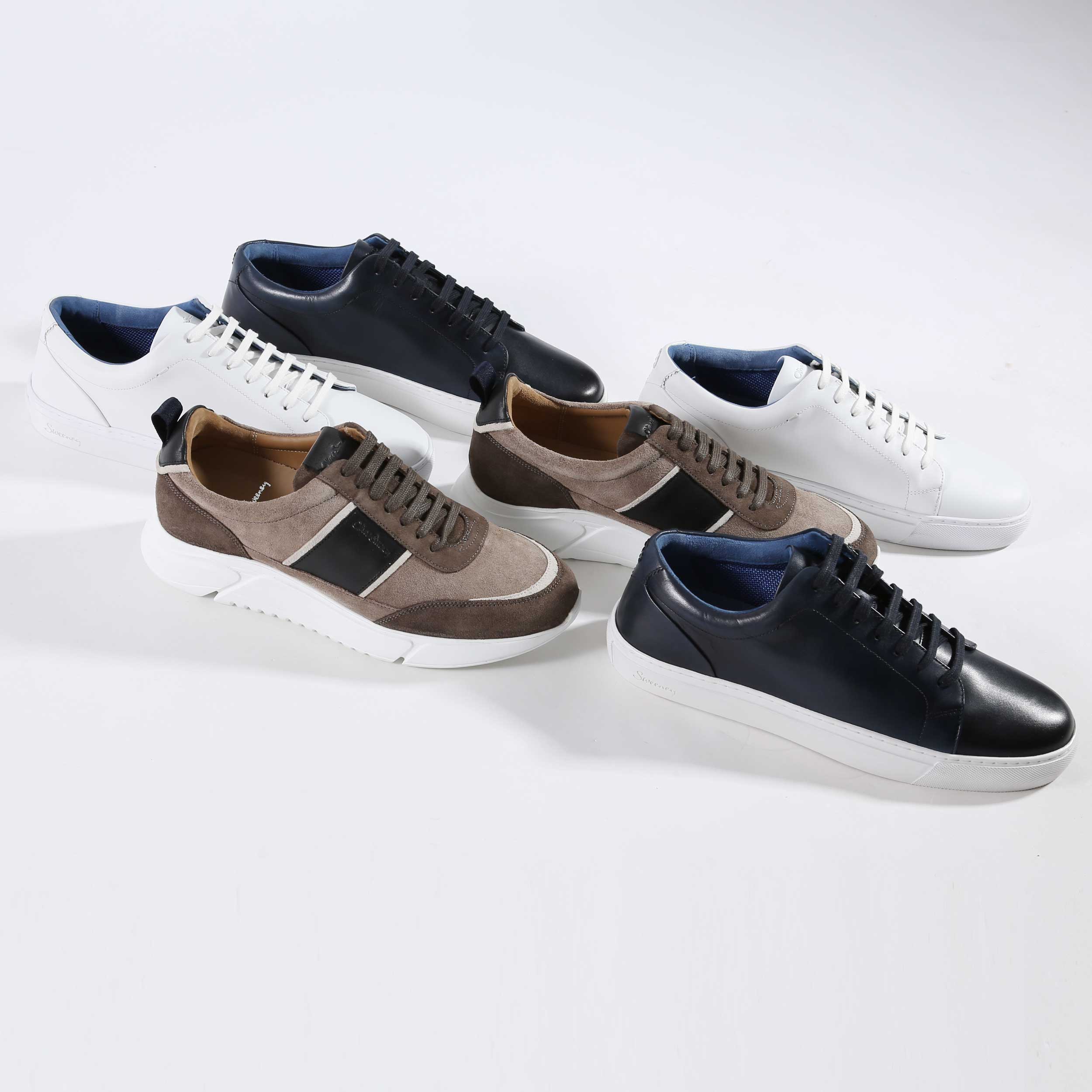Sustainable Practices in Designer Fashion: A Growing Trend
In recent years, sustainability has transcended from a niche concern to a mainstream priority, particularly in the world of fashion. With increasing awareness about climate change and environmental degradation, consumers are becoming more selective about the brands they support. Luxury labels like Hugo Boss, Belstaff, Paul Smith, and Holland Cooper are increasingly embracing sustainable practices, setting a new standard for the fashion industry.
Defining Sustainability in Fashion
Sustainability in the fashion industry refers to the practices that minimize negative impacts on the environment and promote social responsibility. This includes a focus on ethical sourcing of materials, reducing waste, and ensuring fair labor practices. The designer fashion segment is uniquely positioned to lead by example, influencing consumer habits and industry standards alike.
Why Sustainability Matters
The fashion industry is one of the largest polluters in the world. From water-intensive cotton farming to toxic dyes, the traditional production methods often take a toll on both the planet and its people. Sustainable practices not only help mitigate these issues but also cater to a growing demographic of conscious consumers who prioritize values over mere aesthetics.
Leading the Charge: Iconic Brands Embracing Sustainability
As sustainability becomes a pivotal marketing point, several designer brands are stepping up to the plate, showcasing that luxury and eco-friendliness can coexist. Let’s dive into how some well-known names are paving the way for sustainable fashion.
Hugo Boss: A Commitment to Circularity
Hugo Boss is investing in circular fashion, which promotes the idea that clothing can be reused and recycled without creating waste. Their initiatives address the entire lifecycle of garments, encouraging a system where products are made to last, and when they reach the end of their usability, they can be gracefully transitioned back into the manufacturing cycle, either by turning them into new garments or recycling the materials.
In addition, Hugo Boss is working on incorporating more sustainable materials into their lines, such as organic cotton and recycled polyester. This commitment not only reduces environmental footprint but also speaks to an evolving consumer base that values transparency and responsibility from brands.
Belstaff: Heritage Meets Sustainability
Belstaff has successfully merged its rich heritage with modern sustainability practices. Famous for its motorcycle jackets, the brand is now venturing into the use of sustainable textiles and ethical sourcing. Belstaff has developed eco-friendly alternatives for classic materials, focusing on durability and resilience without compromising their timeless aesthetic.
The brand’s commitment is reflected in its production processes, which prioritize water conservation and minimize carbon emissions. Through their responsible choices, Belstaff not only retains its loyal customer base but also attracts eco-conscious consumers who appreciate craftsmanship and sustainability.
The Impact of Sustainable Practices on Luxury Fashion
The integration of sustainability into luxury fashion isn’t just a passing trend; it’s reshaping the industry landscape. By reducing waste and reflecting a commitment to quality and ethics, these brands are steering their businesses towards a more sustainable future.
Paul Smith: A Pioneer in Eco-Friendly Fashion
Renowned for its colorful designs and quintessential British style, Paul Smith is now a leading voice for sustainable practices within the designer fashion circle. The brand focuses on reducing its carbon footprint, implementing energy-saving measures in its retail outlets, and ensuring responsible production methods.
In addition to utilizing sustainable materials, Paul Smith is also dedicated to the ethical treatment of workers and fair labor practices, ensuring that every individual in their supply chain is treated with respect and dignity. This ethical stance resonates with the increasing demand for transparency and responsibility from consumers.
Holland Cooper: Luxury with a Conscience
Holland Cooper prides itself on marrying sophistication with sustainability. The brand has made strides in using natural fibers and eco-friendly materials, all while maintaining the luxury feel that its clientele expects. Their commitment to quality means that each piece is made to last, further reducing waste.
Moreover, Holland Cooper is involved in various charitable endeavors, helping to raise awareness about fashion's environmental impact and encouraging initiatives that promote sustainability. The brand’s story aligns perfectly with consumers who value not only fashion but also purpose.
Consumer Choices: The Power of Individual Action
It’s vital to recognize that consumer behavior can drive change. By choosing to support brands that invest in sustainable practices, consumers can actively participate in reshaping the fashion landscape. Each purchase is a vote for the kind of world we want to live in.
The Role of Local Communities
Areas like Sandbanks are home to aspiring designers and eco-centric businesses, indicating a shift towards local sourcing and sustainable practices. The local community can significantly impact designer fashion trends, as consumers are more likely to support brands that are committed to ethical and sustainable production methods.
By rallying behind these values, the community can encourage larger brands to adopt sustainable practices, creating a ripple effect throughout the industry.
The Future of Sustainable Fashion
The growing trend of sustainability is clear. Shopping for designer fashion is no longer solely about acquiring the latest styles—it's also about making choices that reflect our values and contribute to a healthier planet. The future of fashion will undoubtedly be shaped by those brands like Hugo Boss, Belstaff, Paul Smith, and Holland Cooper, who commit themselves to sustainable practices.
What Can Consumers Do?
- Research brands before purchasing to ensure they align with your values.
- Invest in high-quality pieces that are timeless and durable.
- Support local designers and eco-friendly businesses.
- Engage in conversations about sustainability in fashion to raise awareness.
- Participate in reselling or recycling initiatives to extend the life of garments.
Get on Board with Sustainable Fashion
As the fashion industry moves towards more sustainable practices, it’s the ideal time for consumers to rethink their choices. Supporting brands that are committed to sustainability not only feels good but contributes to a brighter future for the planet. Remember that every action counts; your purchasing decisions can help pave the way for a more sustainable fashion industry.
The call for sustainable practices in luxury fashion is becoming more pronounced, and the responsibility lies not only with the brands but with each of us as consumers. As we embrace this journey, we can help to redefine luxury fashion and elevate it to a new level—one that values not just beauty and style, but also the health of our planet and the well-being of its people.
Please feel free to visit one of our fellow Shopify user's stores by clicking here. Kindly note that this is a promotional link, and we cannot be held responsible for the content of the linked store.





